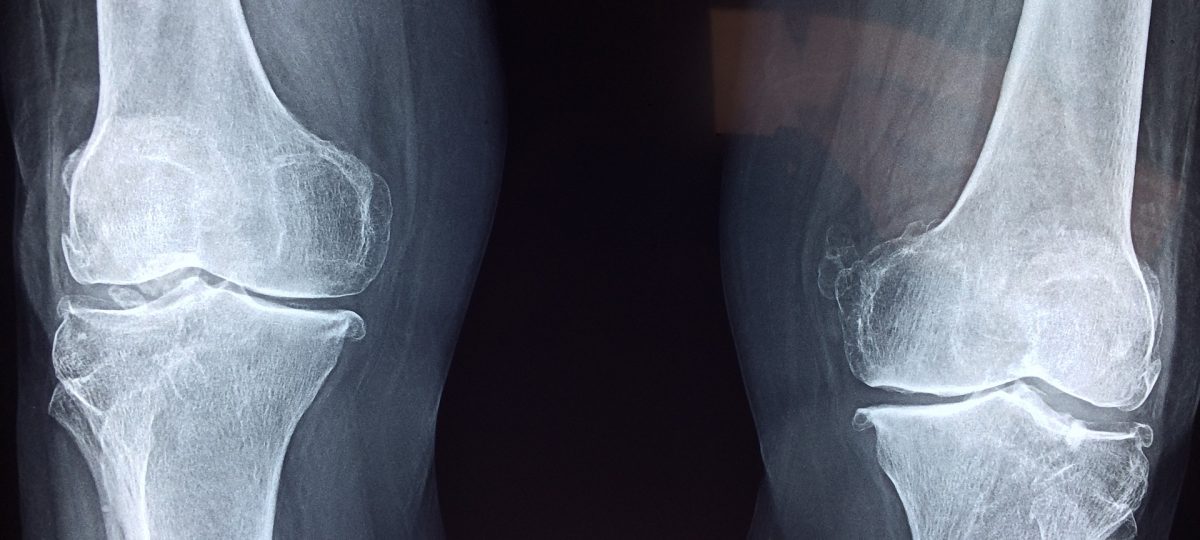
Orthopaedic Surgery Negligence Claims Expertise
We specialise in helping victims of orthopaedic surgery negligence claim the compensation they deserve. *We are a claims management company and receive payments from our partnered law firms. We offer a free claim assessment and will connect you to a specialist law firm if we identify a potential claim that our law firms can help with.
Start your claimGet Your Free Claim Assessment Now
Orthopaedic Surgery Negligence Claims
What is it that causes the need for Orthopaedic Surgery Negligence Claims in the first place?
Breaking a bone is something many people will experience in their lives. It may be a relatively minor fracture which heals with minimal intervention, or a severe compound fracture necessitating surgery and extensive recuperation time. Regardless of the treatment needed, the expectation is that it will be of an acceptable standard so that your break heals quickly and you are back to normal as soon as possible.
In the majority of instances, patients receive a high level of care so they can recover and move on with their lives. Sometimes, however, avoidable errors occur which cause further injury or delay a patient’s recovery. In turn, that is where The Medical Negligence Experts can help.
What is Orthopaedic Negligence?
Orthopaedics is a specialist branch of medicine dealing with bones and the muscles, ligaments, tendons, and nerves around them. A broken bone can be as simple to fix as setting it in a plaster cast for a few weeks, or it could require extensive reconstructive surgery carried out to a high standard for a patient to regain full use and mobility of their limb.
Orthopaedic negligence is when a practitioner makes an avoidable error which causes injury to the patient. For example, some forms of orthopaedic negligence include:
- Inadequate assessment of a patient before surgery.
- Surgical errors, including mistakes in placing prosthetic joints.
- Using an incorrect treatment, such as a partial knee replacement requiring a full replacement.
- Inadequate postoperative care leading to infection.
- Misdiagnosing fractures.
In fact, there’s a wide array of types of orthopaedic surgery. Some of the most common include hip and knee replacement, resurfacing, inserting pins and setting limbs, and spinal surgery.
Negligence on its own is not enough to make a claim, however. In fact, not all negligence results in injury, while not all injuries during treatment are due to mistakes. The solicitors at The Medical Negligence Experts can investigate your situation to see if both cause and damage exist and whether you, therefore, have a reason for a valid claim.
How Can We Help?
When you first contact The Medical Negligence Experts, our agents will ask about your experience. It’s our job to listen carefully to your claim to determine if you could have grounds for a claim. If our assessment of your case is successful, we will then pair and connect you with one of the panel of legal firms we work with. In short, we will seek to prove two things:
- That you suffer injury from your care provider. This may be obvious, or it could involve an independent medical assessment to verify the extent of any damage.
- That your injury stems from medical negligence. Moreover, it wouldn’t occur without an unacceptable standard of treatment and care.
Cases have included patients who have had their fracture go undetected despite having an X-ray, leading to further injury and pain; hip and knee replacement prostheses inserted in a way that they shifted and required corrective surgery, and nerve damage caused by surgical errors to set a bone.
In summary, the standard legal time limit for making a compensation claim is three years* from:
- the time the negligence occurs or;
- the date your injury was linked to the negligence.
*Usually, you have three years to make a claim i.e., 3 years from the date of the injury or when you (the claimant) first became aware of the injury, whichever is later. There are some circumstances where the ‘limitation period’ differs. If a claimant lacks the mental capacity to make a claim, the time period doesn’t begin until capacity is regained. In other exceptional cases, the court can extend the limitation period. If the claimant is a child, the limitation period does not begin until they have turned 18. This is non-exhaustive.
Contact The Medical Negligence Experts today and ask how we can help you.

